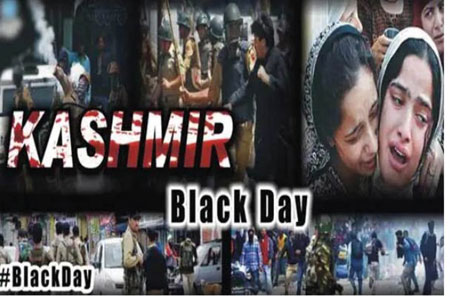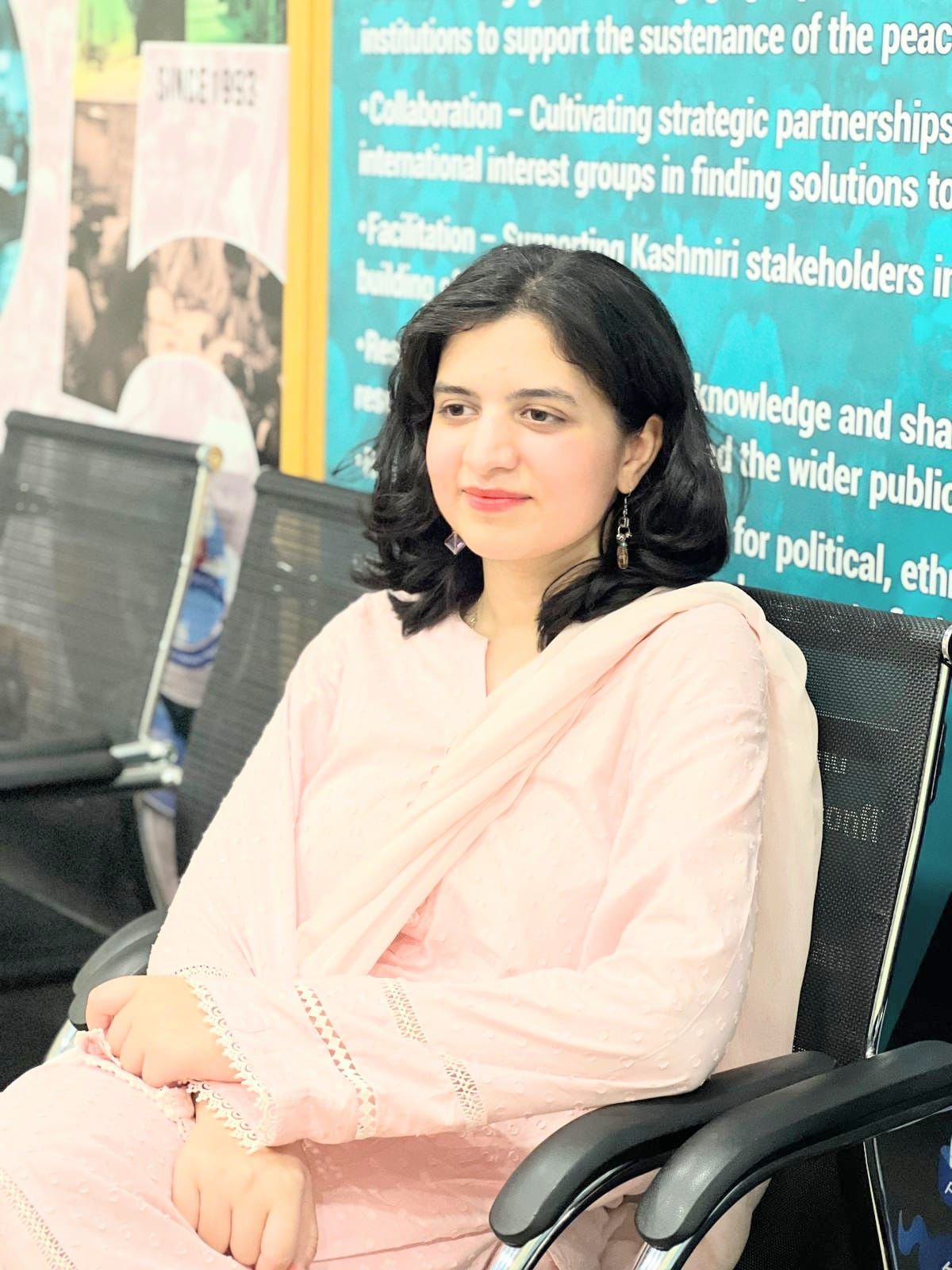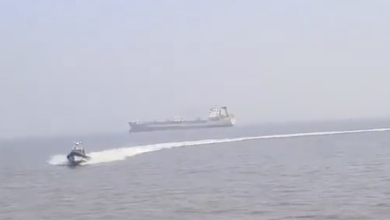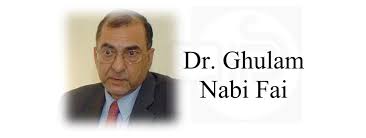Article: Black Day of Kashmir: A reflection on a wounded history and a striving future
Ayesha Rafiq

 On October 27, 1947, the world witnessed the beginning of a conflict that would not only shape the destiny of Kashmir but also reverberate through the subcontinent for decades. This day is observed as Black Day in Kashmir, marking the invasion of Indian troops into the region following the Maharaja’s controversial accession. The ramifications of this event continue to be felt, impacting millions of lives and altering the geopolitical landscape of South Asia.
On October 27, 1947, the world witnessed the beginning of a conflict that would not only shape the destiny of Kashmir but also reverberate through the subcontinent for decades. This day is observed as Black Day in Kashmir, marking the invasion of Indian troops into the region following the Maharaja’s controversial accession. The ramifications of this event continue to be felt, impacting millions of lives and altering the geopolitical landscape of South Asia.
The roots of the Kashmir conflict can be traced back to the partition of British India in 1947. At the time, princely states were given the choice to join either India or Pakistan. The princely state of Jammu and Kashmir, with its significant Muslim population (approximately 77% at the time), faced an existential crisis when its ruler, Maharaja Hari Singh, hesitated to accede to either nation. Under pressure from tribal militias and following the invasion of Indian troops, the Maharaja reluctantly signed the Instrument of Accession on October 26, 1947, an act that many Kashmiris view as illegitimate.
The 1948 United Nations Security Council resolution 47 called for a ceasefire and proposed a plebiscite to allow the Kashmiri people to determine their own future, a promise that remains unfulfilled, deepening the mistrust between India and Pakistan.
The Black Day of Kashmir symbolizes the onset of a protracted conflict that has resulted in significant human suffering. According to the Jammu and Kashmir Coalition of Civil Society, over 100,000 people have lost their lives since the conflict began, with an estimated 7,000 enforced disappearances documented.
In terms of human rights abuses, reports indicate that more than 50,000 cases of torture have been documented, affecting individuals from all walks of life. The impact of the conflict extends beyond mortality, affecting families, communities, and the very fabric of Kashmiri society.
Moreover, the United Nations High Commissioner for Refugees (UNHCR) reports that around 700,000 Kashmiris are internally displaced, leading to severe humanitarian crises in the region. Education, health, and basic infrastructure have suffered immensely, with the region witnessing a severe decline in quality of life. A 2019 report by the Centre for Research and Security Studies noted that around 68% of the population lives below the poverty line, exacerbating the ongoing crisis.
Kashmir remains a contentious issue on the global stage. The United Nations Security Council has passed several resolutions calling for a plebiscite to determine the future of the region. Despite these calls, the status of Kashmir remains unresolved, with India and Pakistan holding conflicting claims.
The 1965 and 1971 wars between India and Pakistan, both fueled by the Kashmir issue, further entrenched the conflict. In recent years, tensions have escalated again, particularly after India’s revocation of Article 370 in August 2019, which granted the region a degree of autonomy. This move has drawn widespread condemnation from various human rights organizations, including Amnesty International, which reported a spike in human rights violations, including arbitrary detentions and censorship.
The youth of Kashmir, representing over 60% of the population, are key players in the struggle for justice, peace, education, and development. Grassroots organizations like the Kashmir Youth Foundation and Kashmir Students Association advocate for youth empowerment and highlight their plight through education and awareness campaigns.
Kashmir’s rich cultural heritage remains a symbol of resilience, with 85% of its youth believing it is crucial for their identity. Events like the Kashmiri Literary Festival foster unity and hope through art and dialogue. Achieving peace will require dialogue among all stakeholders and economic cooperation to build trust.
Moreover, addressing human rights violations and ensuring accountability is crucial in healing the wounds inflicted by decades of conflict. The involvement of international organizations as neutral mediators could facilitate constructive dialogue and pave the way for a peaceful resolution.
The international community has a pivotal role in mediating the Kashmir conflict. Neutral platforms for dialogue and conflict resolution, supported by global institutions, can provide a pathway to peace. Diplomatic efforts must be strengthened to bring all parties to the negotiating table and explore solutions that prioritize human rights and the voices of the Kashmiri people.
As we observe Black Day on October 27, it is crucial to remember the lives lost and the ongoing struggle for justice and peace in Kashmir. The aspirations of the Kashmiri people must be at the forefront of any resolution. The international community, while recognizing the complexities of the situation, must advocate for a peaceful resolution that respects human rights and acknowledges the voices of the Kashmiri people. In doing so, we honor the memories of those who have suffered and take a step closer to a future where peace and prosperity prevail in Kashmir.
(The writer is purusing Bachelors of Peace and Conflict Studies from NDU and currently she is intern at Kashmir Institute of International Relations)








